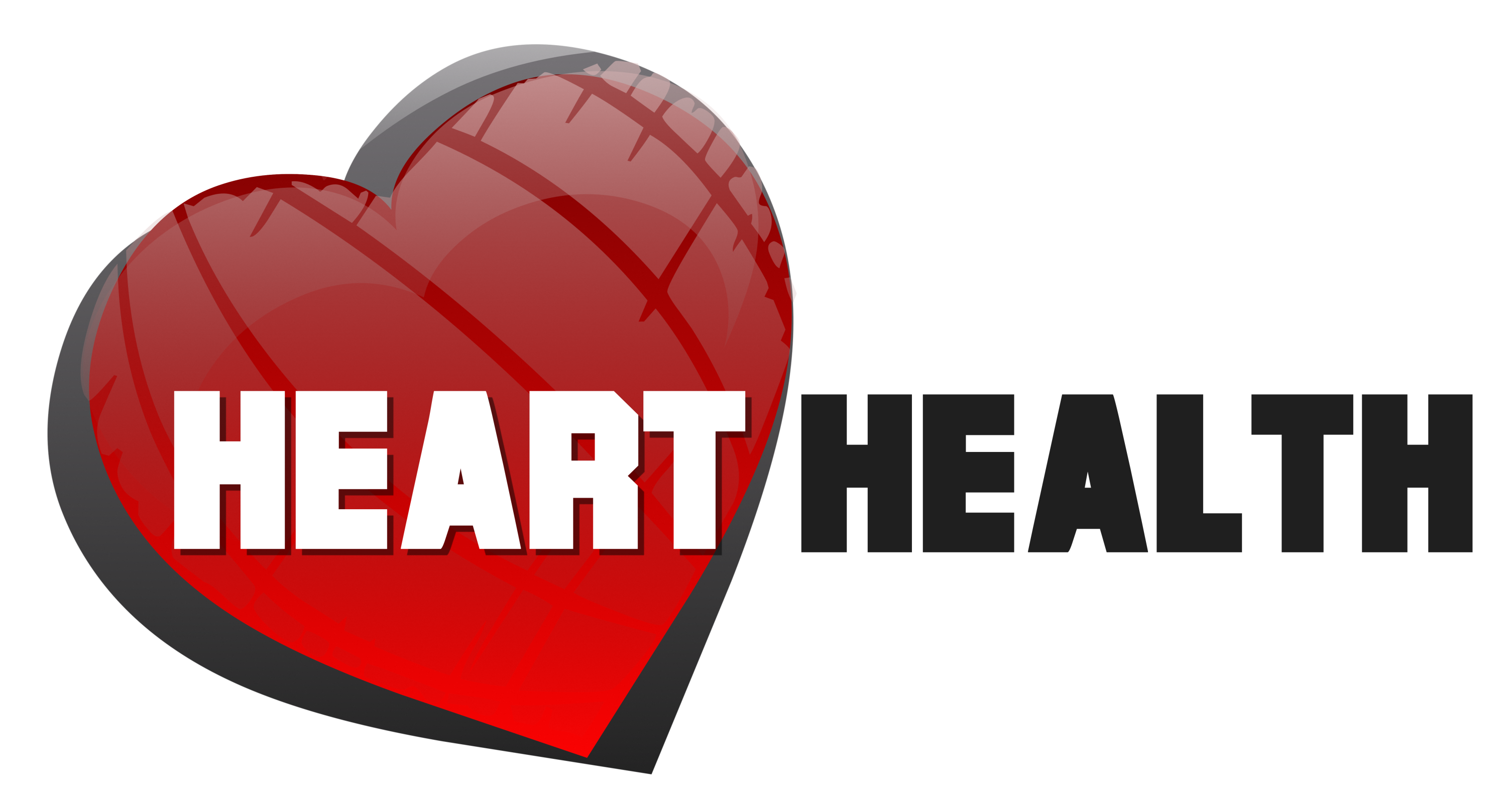Heart Disease is the number one killer of women in the U.S. According to the CDC, about 1 in 16 women age 20 and older have coronary heart disease. Many women can take steps to prevent heart disease by knowing the risk factors and making healthy lifestyle choices.
Women’s Heart Health Risk Factors
The top risk factors for heart disease in women are high LDL (bad) cholesterol, high blood pressure, and smoking. It is estimated that around half of all people in the United States have at least one risk factor for heart disease.
Other lifestyle choices and medical conditions can also put women at higher risk for heart disease, including:
- Being Overweight
- Diabetes
- Unhealthy Diet
- Physical Inactivity
- Excessive Alcohol Use
- High Stress Levels
How Women can reduce their Risk of Heart Disease
Get your blood cholesterol and triglycerides checked and talk to your doctor about lowering and managing your cholesterol levels.
Get your blood pressure checked regularly. Uncontrolled hypertension (high blood pressure) can lead to heart disease.
Quit smoking. Along with other potential health issues, giving up smoking and nicotine can help to lower your blood pressure. Talk to your primary care doctor about ways to help you quit smoking.
Talk to your family medicine provider about healthy nutrition and lifestyle choices for better heart health. Unhealthy diet choices and lack of exercise can lead to obesity which in turn can increase your risk of heart disease.
Limit the amount of alcohol you drink. In excess, drinking can increase your risk for heart disease among other things.
Find healthy ways to manage your stress level. Exercise, meditation, and even hanging out with family and friends can help to reduce stress in many people.
What are the Symptoms of Heart Disease?
Though some women may not experience any symptoms, others may experience –
- Pain in the jaw, neck, or throat
- Nausea
- Angina (heavy or dull chest pain or discomfort)
- Fatigue
- Pain in the upper back or abdomen
Heart Disease can also be “silent” displaying no recognized symptoms and going undiagnosed until emergency symptoms occur like:
- Heart Attack – chest pain or discomfort, indigestion, heartburn, pain or pressure in upper abdomen or back, nausea or vomiting, upper body discomfort, dizziness, extreme fatigue, and shortness of breath.
- Heart Failure – Shortness of breath, fatigue, or swelling of the ankles, feet, legs, abdomen, or neck veins.
- Arrhythmia – Feelings of fluttering in the chest (heart palpitations)
If you experience any of these symptoms call 911 right away.
If you have concerns about your risk of heart disease and would like to speak with one of our caring medical professionals, contact River Bend Medical Associates. We care about women’s health issues including heart disease, and as part of your medical team, we are here to provide you with the best care in all aspects of your health care needs. Our progressive, sensitive, and culturally diverse team is committed to delivering compassionate family health care and promoting the well-being of our patients, employees, and the communities we serve. Our primary care physicians are accepting new patients. For more information on our Sacramento area medical practice, or to make an appointment contact River Bend Medical Associates, or call 916-392-4000.


